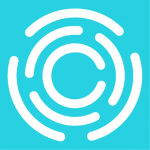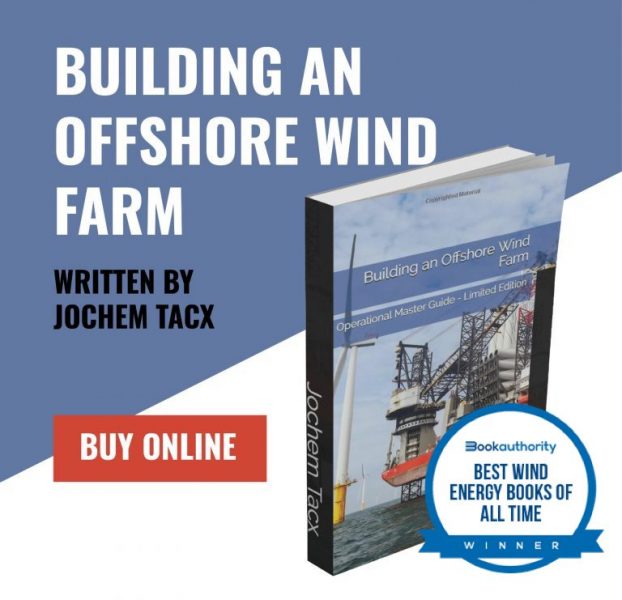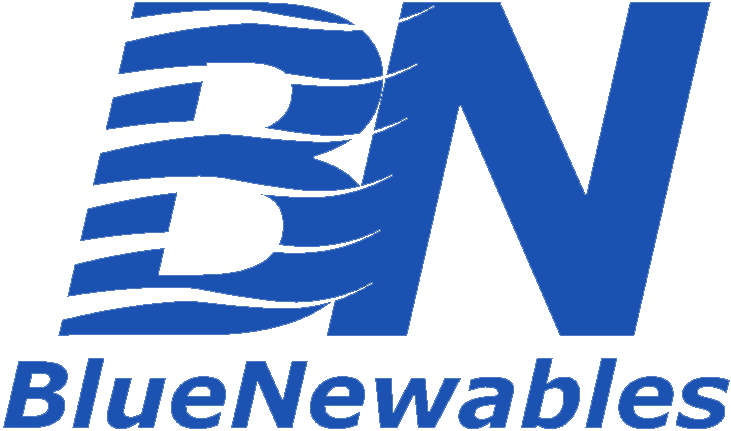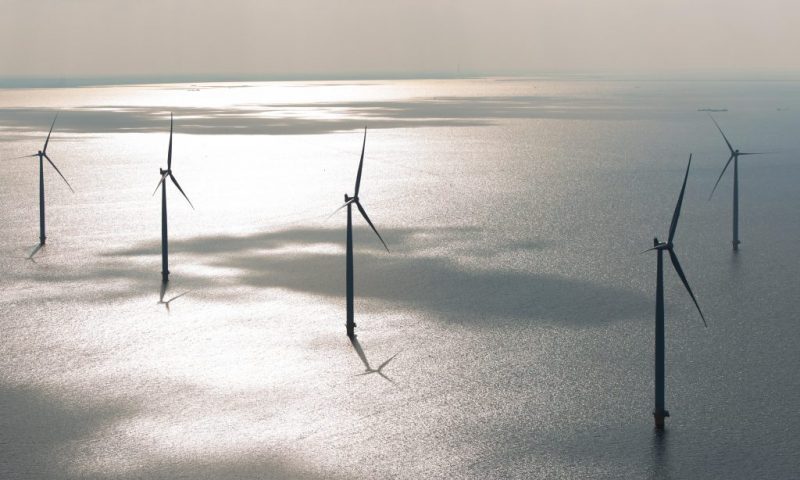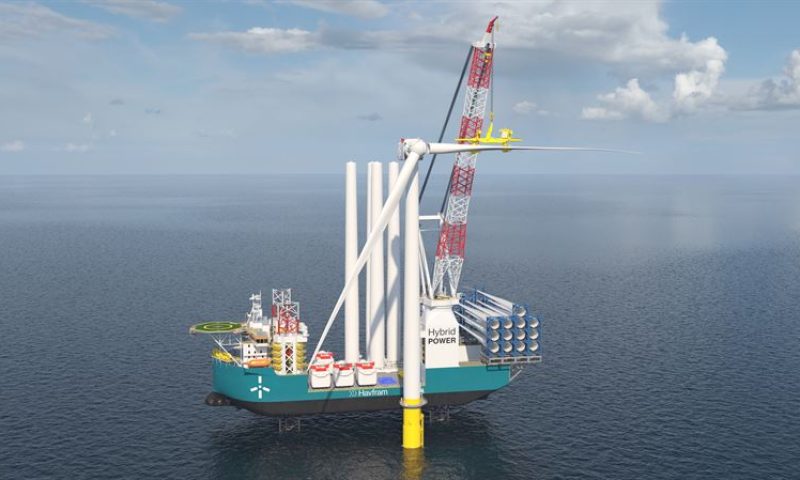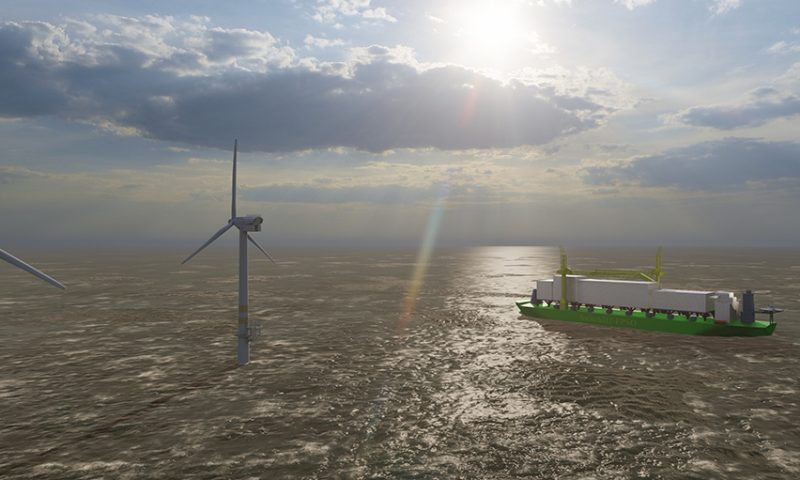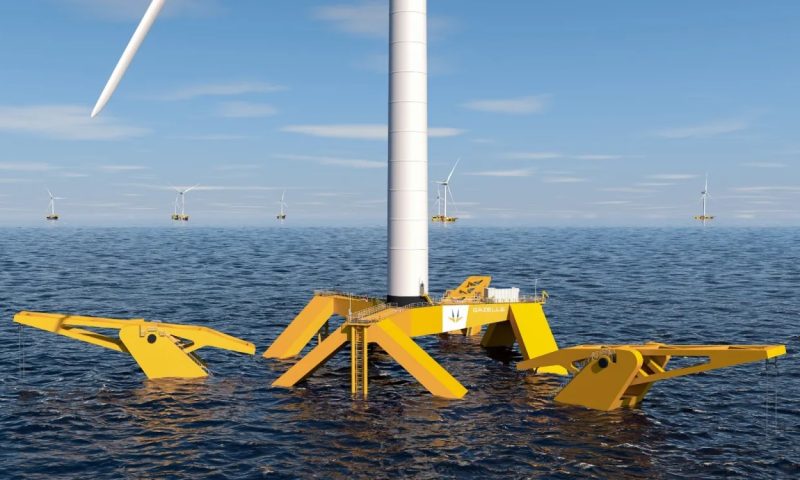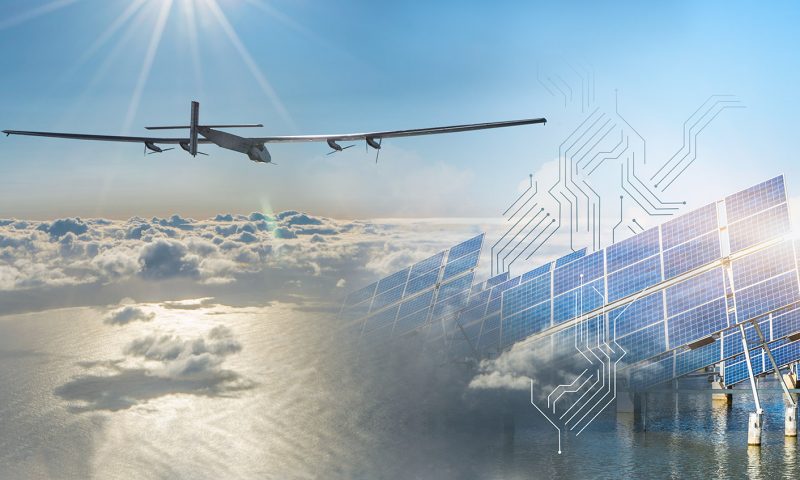
ENGIE x Solar Impulse Foundation
In 2017, a natural partnership arose between ENGIE – which aims to become the leader in the zero-carbon transition – and the Solar Impulse Foundation, co-founded by Bertrand Piccard, who piloted the first solar-powered, zero-emissions transatlantic flight, to identify a thousand clean, efficient and profitable solutions.
The Solar Impulse Foundation
When in 2016 Bertrand Piccard and André Borschberg managed to fly 40,000 km around the world in a solar-powered plane without using a single drop of fuel, it was a historic first and an unprecedented showcase for clean technologies and renewable energies. The echo of this technological success story among many governments, institutions, companies and celebrities around the globe prompted Bertrand Piccard to create the Solar Impulse Foundation.
The Foundation’s objective is to bridge the gap between ecology and economy by reducing our impact on the environment while promoting economic development.
To achieve this, the Foundation has set itself the challenge of identifying 1000 clean, efficient and cost-effective solutions to encourage institutional authorities and other decision-makers to set more ambitious environmental objectives and energy policies.
Bertrand Piccard said:
“Governments, companies and institutions must – as a matter of urgency – abandon their minimal targets and commit to far more ambitious environmental and energy policies, focusing their negotiations and action plans on what clean and profitable technologies can actually offer today. Not just for future generations, but for today’s industry and for the planet and its inhabitants”
A shared vision for a positive-impact partnership
Since 1 January 2017, ENGIE has been sharing its expertise in helping to identify the one thousand clean, efficient and profitable solutions that the Solar Impulse Foundation is seeking.
This partnership came about quite naturally, since ENGIE and the Solar Impulse Foundation have a shared vision: they want to reconcile positive impact and economic performance.
Indeed, on the one hand, ENGIE has placed the triple P approach – Planet, People and Profit – at the heart of its strategy, factoring climate and social impact into its company’s performance criteria, in addition to more conventional economic criteria. On the other hand, the Solar Impulse Foundation wants to bridge the gap between ecology and economy, reducing the impact on the environment while promoting economic development.
The shared aim is therefore to pool such clean solutions and to speed up their development, reconciling initiatives to protect the environment with economic profitability.
